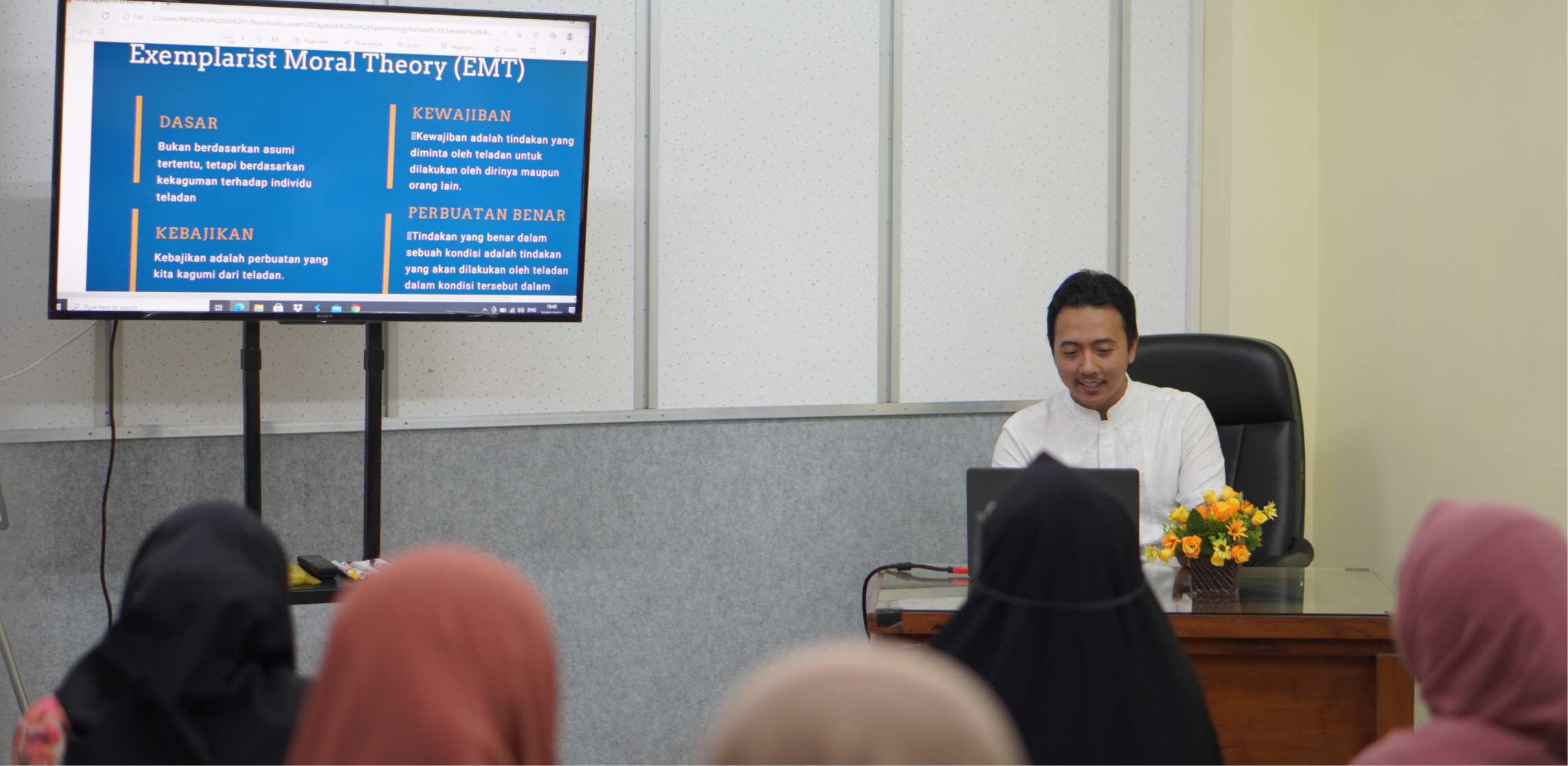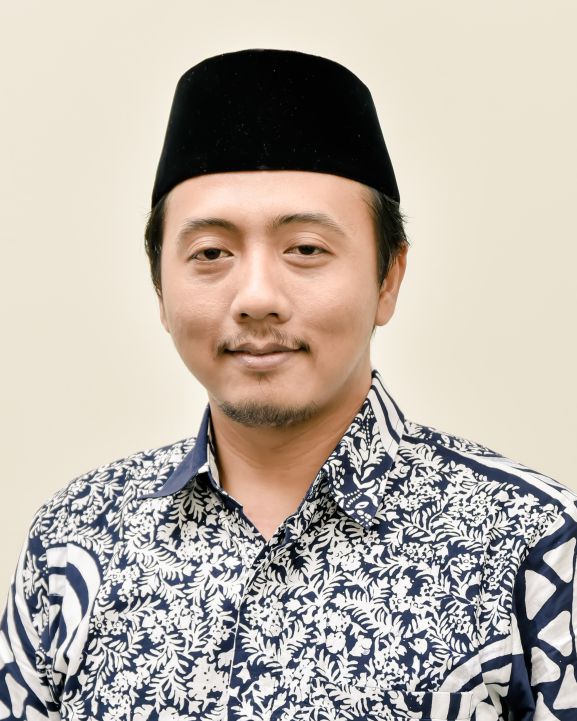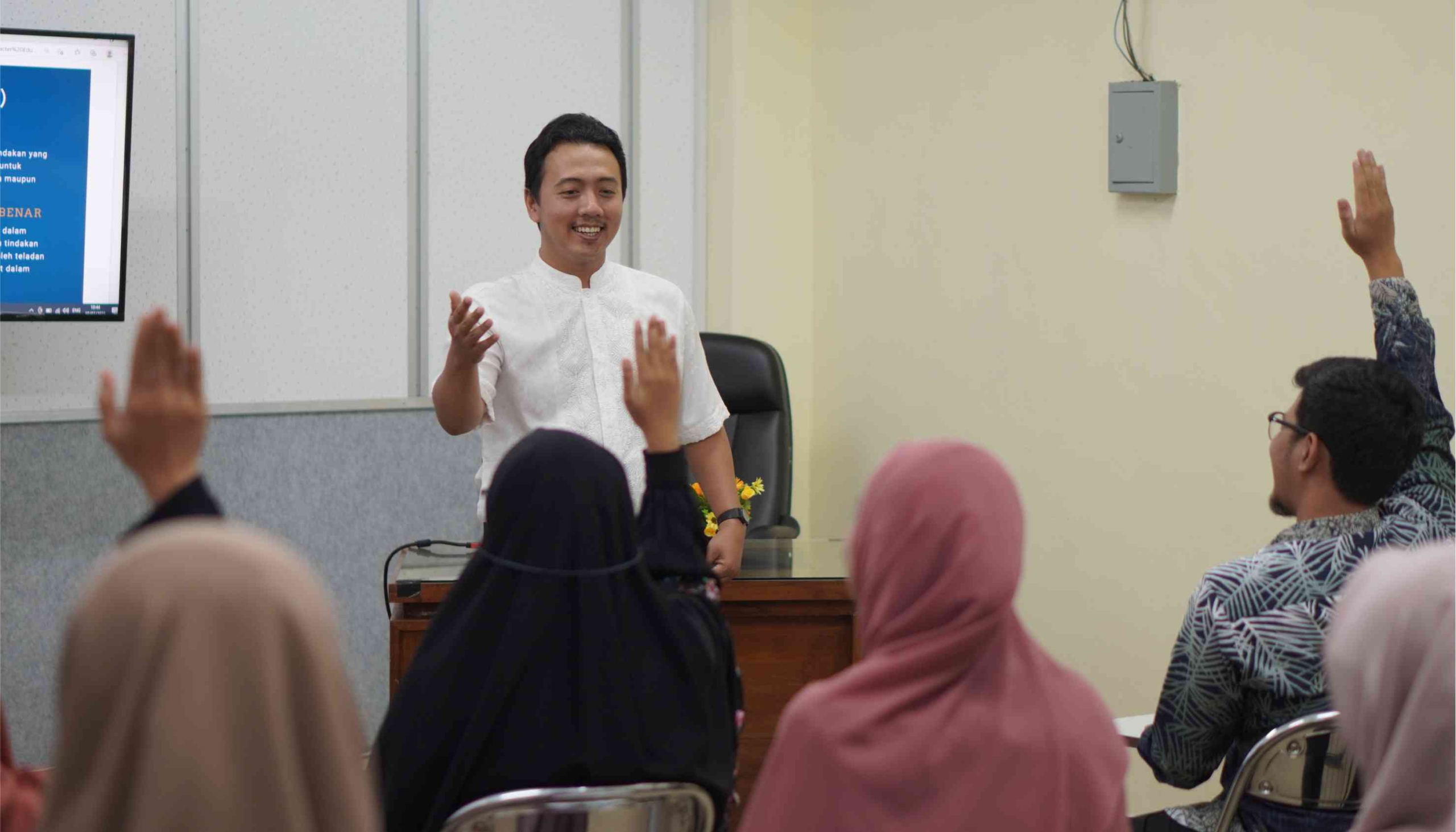History of Islamic Education Research and Development Center (P3I)
The Center for Research and Development of Islamic Education (P3I) was established in 1998 which is under the control of the Faculty of Islamic Studies, Islamic University of Indonesia. The establishment of P3I coincided with the Center for Islamic Studies (PSI), Center for Islamic Legal Studies and Assistance (PKBHI), and Cooperatives. At its inception, P3I handled research, microteaching, and teaching practice (PPL). In addition, P3I also held regular lecturer discussions and book reviews. Meanwhile, PKBHI handles service and da’wah by collaborating with P3I. However, in its development, P3I also took turns carrying out service and da’wah because PKBHI had experienced a vacuum of activities. In 2010 P3I’s position moved under the coordination of the Undergraduate Program of Islamic Education with the aim that P3I could focus on being handled according to their field of knowledge. The activities handled by P3I were then almost the same as activities when P3I was still under the faculty, but the scope was smaller. At this time, P3I handled routine activities in the form of research, service, da’wah, microteaching, and teaching practice.





